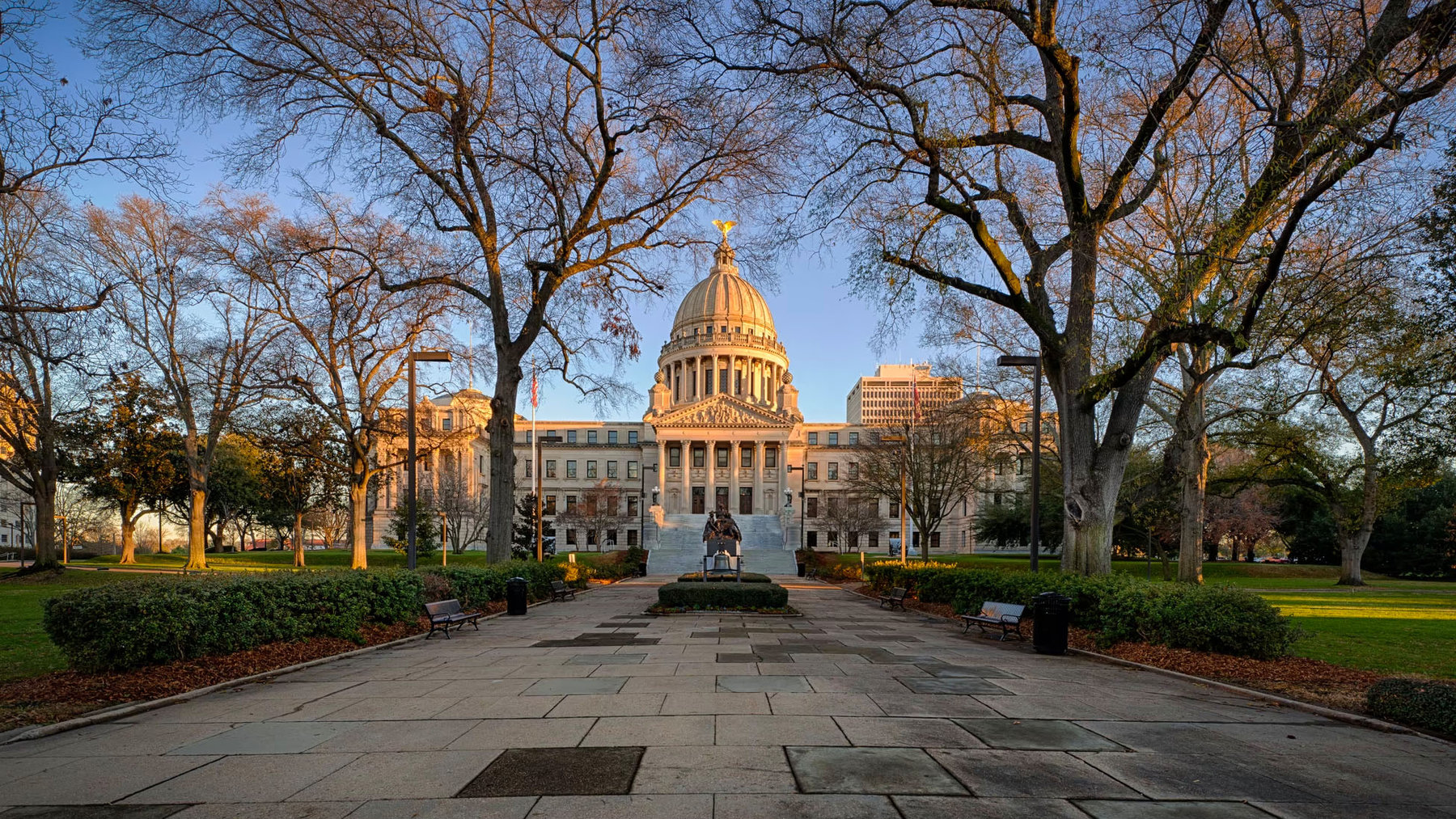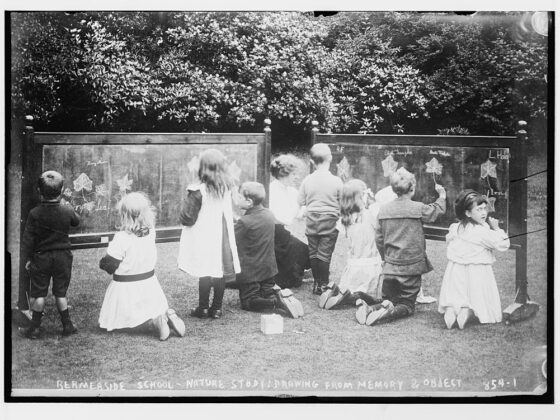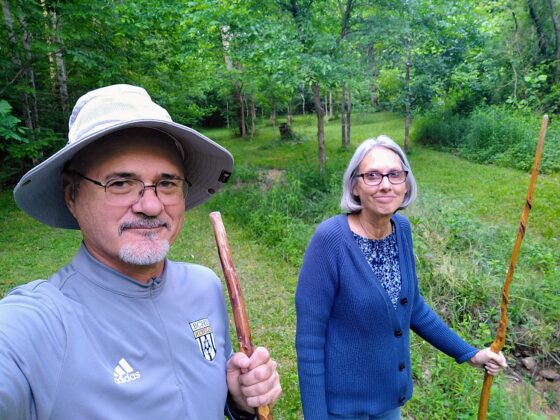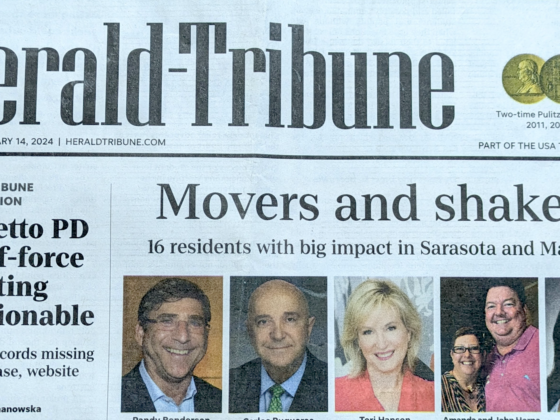This dispatch is in the form of a newsletter update, on reactions from readers and significant developments around the country on the local-renewal fronts. It follows this Fourth of July post, about Eric Liu’s argument for a revival of “civic religion,” and this post by Deb Fallows, on our increasing effort to connect, compare, combine, and in other ways “biggify” the multiple, dispersed examples of local renewal around the country.
Four entries in that direction:
1) “Does America need a ‘civic religion’?“: Eric Liu has long argued yes. Mike Lofgren, a longtime veteran of congressional operations, writes in to say that he begs to differ:
Does America need a civic religion?
No.
This subject, like the thesis that “Democrats need to talk about their faith” (I thought the Constitution banned religious tests for office), is a favorite chew-toy of centrist and left-of-center public intellectuals who fear the Republicans have stolen their clothes with all the flag-worship and similar ritualized razzmatazz. Apart from the tactical issue that the subject plays on the Right’s turf, there are fundamental objections.
Religion and modern democratic civil government do vastly different things. It is true that governing entities arose amid all manner of ritual, but they were hierarchical, and religion and state were the same thing.
Enforced ritual is essential to maintaining monarchies, class-based societies, and militaries. The Founders tried to dispense with a lot of the typical ritual of European monarchies for the new republic, such as addressing the president as Your Excellency; and Washington conspicuously wore no medals on his uniform coat.
There are more reasons, but I wanted to keep this brief.
We’ll have more on this theme.
2) Going home, to Jackson. A reporter for Mississippi Today named Larrison Campbell has been in the national news this week. She has been covering a gubernatorial candidate named Robert Foster, who has now refused to let her ride with him (unaccompanied) on a campaign swing, “out of precaution.” Precaution against—oh, it’s not worth even dignifying the claim by spelling it out.
Although this has nothing to do with the central merits of Foster’s stance, it is worth mentioning that Campbell is openly gay and is married to a woman named Courtenay. Together they are raising two young children in Jackson.
Their home in Jackson is the reason I mention this development. Last year, for Architectural Digest, Larrison Campbell wrote a very nice essay on her decision to move from Los Angeles, where she had spent nearly two decades developing a successful media career, to Mississippi, where she grew up.
Her story is, of course, unique in its particulars, but familiar in its general themes to what Deb and I have heard in many places. Campbell’s whole article is here. Some samples:
Sometimes you can be blinded by love or infatuation; friends probably thought we were [to go back to Mississippi]. But in L.A., no one’s direct enough to tell you you’re acting like a fool. Instead, half a dozen friends showed up at our going-away party with large bottles of vodka and bourbon “to help with the move.” Subtext: Adventures aren’t often easy …
Of course, Jackson has its faults. As I write this, we’re entering week two of a boil-water alert. But that doesn’t keep Jackson from being an intoxicatingly charming town. While other southern cities race to Brooklynize their downtowns with artisanal cheese shops and bespoke kitchenware stores, Jackson has remained resolutely Jackson. Yes, new places pop up, but Jackson’s best restaurants have been its best restaurants for decades …
There are signs that Jackson is recognizing its complex history. In December, the Mississippi Civil Rights Museum opened downtown. As the first state-sponsored civil rights museum in the country, the museum is unflinching in its presentation of history. It’s an immersive, often unsettling, experience, and one that alone is worth the trip to Jackson.
Mississippi is … the seat of Christian conservatism but also the birthplace of rock ‘n’ roll. It’s a state with a low graduation rate that continues to produce a record-breaking number of writers …
It’s also a place that in 2016 passed “one of the most restrictive antigay laws in the country”—the same month it welcomed my family with more warmth and generosity than any city has ever offered …
And … in 2017 the city elected—with 92 percent of the vote—a 34-year-old mayor, Chokwe Antar Lumumba, on a platform of making Jackson “the most radical city on the planet.”
To spell out what I found so resonant here (apart from the essay’s connection to the news of the day): One of the themes Deb and I continually rediscover is the powerful, enduring sense of from-ness in today’s America—the clear imprint of place, even in a country as mobile and homogeneous-seeming as modern America. People retain an awareness of where they grew up, as Larrison Campbell clearly did during her decades in L.A.— and as I have long done, as a person “from” small-town Inland Empire-California, despite decades based elsewhere. Some people actually return to those remembered places; many others at least think about it. This sensibility affects the way the country works, and how talent deploys itself city by city and state by state.
Another of those central themes, which this article clearly brings out: how muchmore varied and locally vivid “interior America” is than you would ever guess from the latest predictable political dispatch from “red-state America.”
3) Local journalism watch: Nothing matters more for the civic future of America than discovering a viable economic model for local journalism. Recently I mentioned one step in that direction, the new, fast-growing Report for America program.
Here is another small step: the announcement, reported by Sara Fischer in Axios, of support for a local news operation in Virginia, called The Dogwood. The $1 million investment is coming from Acronym, a nonpartisan but politically progressive nonprofit group. In a statement about the investment, the CEO of Acronym, Tara McGowan, said:
The steady decline of local news around the country, paired with the rise of misinformation being spread online has been alarming. It is our hope that digital newspapers like The Dogwood that deliver factual information and stories to people where they get their news can help fill that void and counter misinformation reaching them online.
A $1 million investment obviously won’t fill the multibillion-dollar hole left by the collapse of local print- and broadcast-advertising budgets. Similarly: One more tree that is planted, or habitat area that is preserved, won’t address the full range of global sustainability crises. But you have to start somewhere, and it’s worth paying attention to those who are starting.
4) Local arts watch: Another $1 million investment, another start. A group called Souls Grown Deep, which is based in Atlanta and whose mission is “promoting the work of African American artists from the South,” is committing the bulk of its $1 million endowment to local arts-related development and opportunity efforts in communities where those artists lived and worked. The project is in partnership with Upstart Co-Lab, a network of artists and social entrepreneurs. You can read the details of the project in this report by David Bank in Impact Alpha.
Next up, another report from the road. For now, congrats to all involved in these place-by-place efforts across the country.




